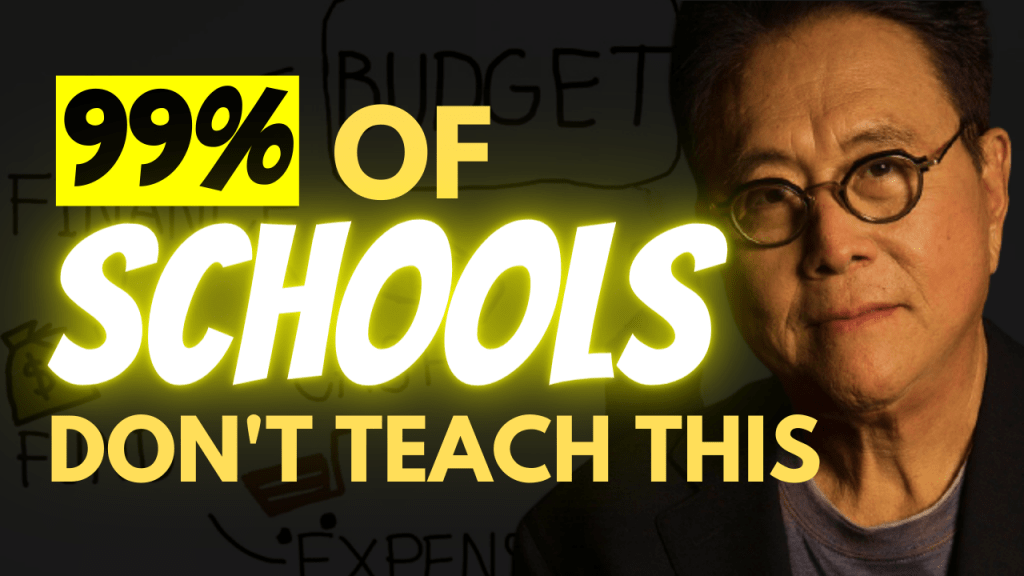
How to be Financial Literacy
As students and young people we need to get financial education so that we can achieve our financial goals and become financially independent in the future. Financial education In terms also called as financial education, it plays an important role in our future. So we need to know some of the things our schools are missed to teach us.
1. What is financial literacy?
In simple terms financial literacy is the ability to develop ourselves a relationship with money/ finance. Relationship with money includes a certain habits such as
- Personal finance management
- Budgeting
- Saving
- Investing
- Financial goals.
This is a long time process which we have to consider until our retirement. If you start early, you will be much better off, because education is the key to success when it comes to money. Financial literacy educations are based on providing people with good financial knowledge and skills so that they can make informed financial decisions and take effective steps towards their financial management.
The main goal is to make people get out from the rat race and be financial independent and financial freedom.
2. Why is Financial Education Important?
Lack of financial education can lead to many downsides, such as
- increasing of unmanageable debt
- unwise spending decisions
- lack of long-term planning.
This can also lead to
- debt
- bankruptcy
- foreclosure or other negative consequences.
We all know that our society is built on debt. It is a common practice for most of us to borrow money to finance our current needs in the hope of repaying it in the future. We borrow money in the form of student loans to cover education fees, credit cards and private loans to pay for consumer purchases and home loans. Debt settlement is a big part of who we are as a nation.
3. Is financial education is one of the solutions?
YES, but only if it is supported by actions that lead to behavioral change. In other words, even if you get all the financial education in the world, financial knowledge is not useful unless,
- you are committed to developing and following a budget
- setting and achieving goals
- and then turning your investment into assets.
When someone goes through this process successfully then that financial education becomes financial knowledge and be a solution.
4. How Can I Learn About Finance?
Financial education involves learning and practicing a set of skills related to
- creating a budget plan
- controlling our debt
- get a knowledge on investment ideas.
Basic steps to improve your finances includes, budgeting, keeping track of expenses, being punctual on payments, wise saving money, regularly reviewing your credit report, and investing in your future.
( If you wish to Watch a cool video explaining this topic – CLICK HERE )
5. What are the strategies for developing Financial Learning Skills?
Improving financial knowledge to improve your finances includes learning and practicing a variety of skills related to budgeting, debt management, and understanding of debt and investment products. These are some good tips which you can follow.
-
Budget planning
Keep track of how much you earn each month compared to how much you spend. Your budget should include income (fees, investments, maintenance), fixed expenses (rent payments, utilities, loan payments), discretionary expenses (non-essential such as outdoor food, shopping, and travel), and savings for future.
-
Paying Yourself
To make money, this budget back plan involves choosing a savings policy (paying for a home), deciding how much you want to donate each month, and setting aside that money before splitting some of your expenses.
-
Paying bills on time
Stay on top of monthly bills, making sure payments are always on time. Be informed of automatic withdrawals from your accounts or subscription apps and setup a system for payment reminders (using email, phone, or text).
-
Maintaining good credit score
earning good credit score helps you get better interest rates on loans and credit cards, among other benefits. Monitor your points with a free debt monitoring service. Apart from these, be prepared of financial commitments that may positively or negatively impact your score, such as credit inquiries and due debt usage rates.
-
Managing Debts
Use your budget to stay out of debt by reducing spending and increasing payments. Develop a debt reduction program, such as paying off a high interest rate first. If your debt is overdue, contact a lender to negotiate loans, lighten the payments, or a debt money counseling program.
-
Invest in your future
Creating a diversified investment portfolio with passive income, consistent income, and assets are important ways to grow your money over time. If necessary, seek professional advice from a qualified counsellor to help you decide how much money you will need to retire safely and plan your goals accordingly.
